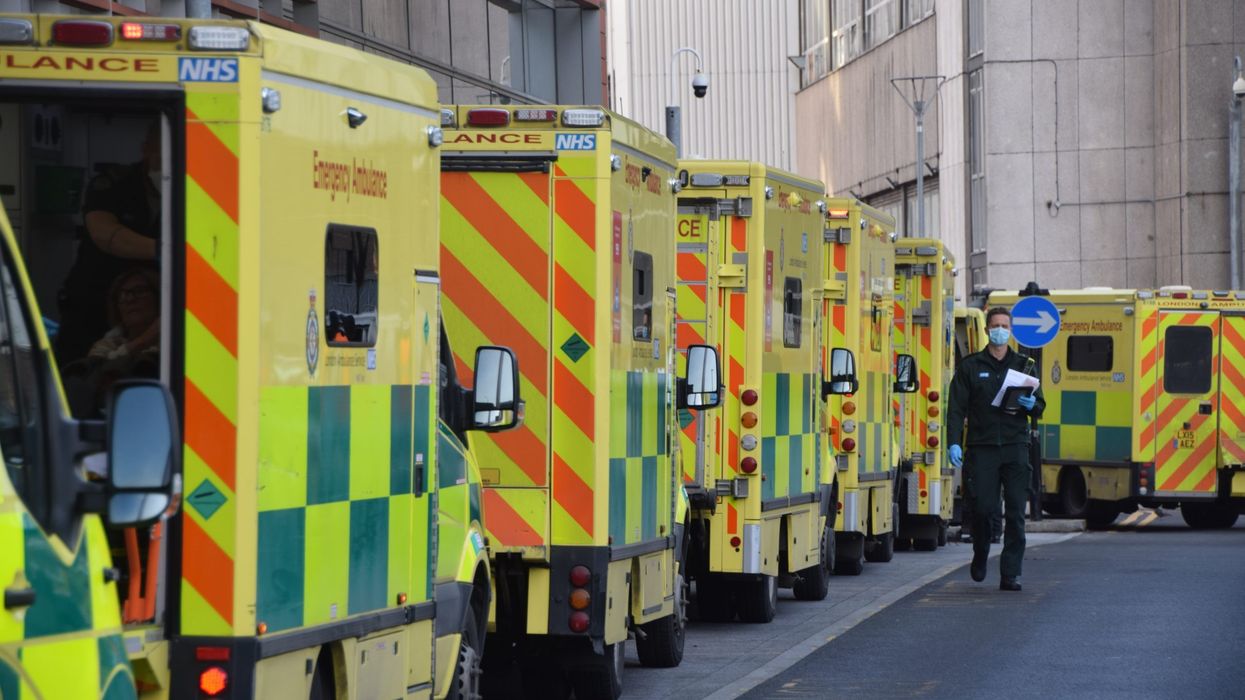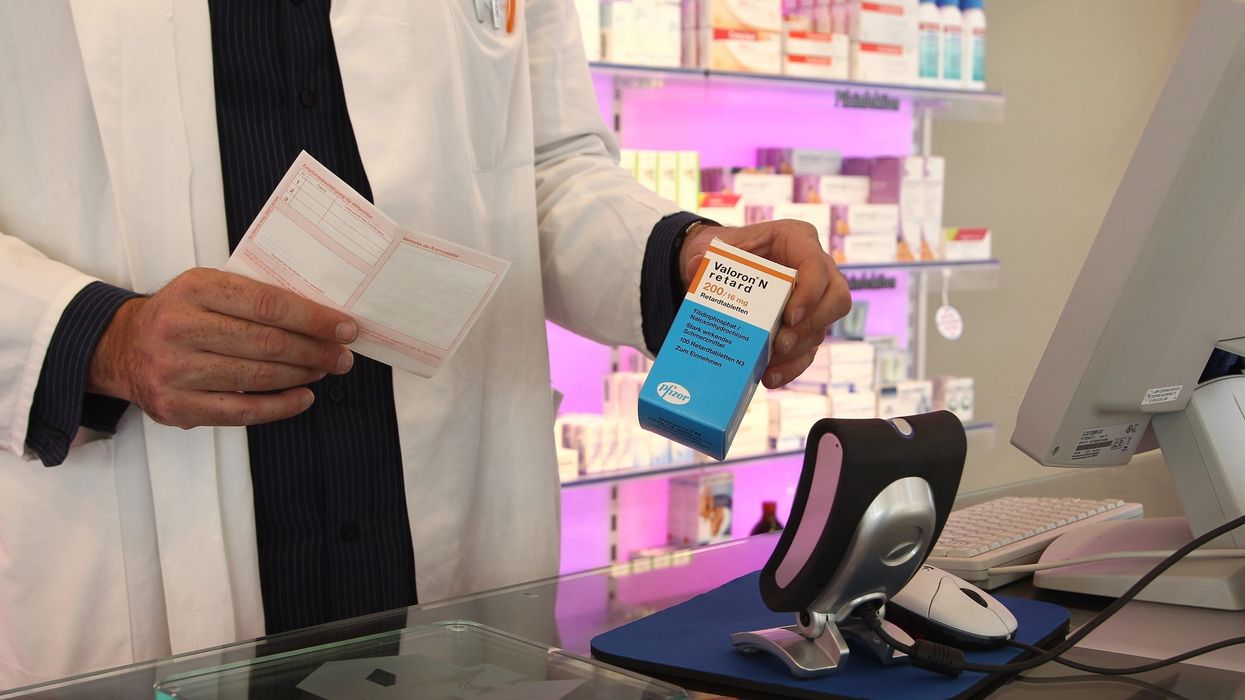A pharmacist-led intervention to prevent atrial fibrillation-related (AF) strokes has resulted in a 22 per cent reduction in hospital admissions in the North West of England.
Over 45,000 patients in Tameside and Glossop were screened and assessed over an eight-month period which resulted in a decrease in the projected 12-month stroke incidence.
The review of AF patients was commissioned by the local CCG following data which reported that the region showed a significantly higher rate of AF.
External stroke admissions data showed a 22 per cent reduction in strokes for a three-month period following the completion of the programme compared to the previous year when the intervention was not made.
A team of pharmacists from Interface Clinical Services worked alongside clinicians and nurses from 38 general practices across the region to review their AF population to reduce incidents of AF-related strokes through early diagnosis, optimisation of anticoagulation therapy, improvement in the management of ‘known but not treated’ patients and the support of patients with treatment adherence and lifestyle alterations.
With the current average 'societal cost' of a stroke estimated at £45,409 in the first 12 months plus £24,778 in subsequent years, strokes prevented within Tameside and Glossop CCG could account for a yearly NHS cost saving upwards of £1.5million and an overall societal cost saving of almost £5.2million.
Pharmacist Jack Birchall, who led the review, said: “During the review, we stratified AF patients who were at high risk of stroke. We then not only ensured that they were receiving optimal therapy to reduce the risk of stroke, reviewing vitamin K antagonists (VKAs) or direct oral anticoagulants (DOACs) usage, but also talked directly to patients about the risk and symptoms of stroke or TIAs as many people with AF are not aware that they are five times more likely to suffer a stroke or TIA due to the formation of blood clots which can block arteries to the brain.”
Practices used AliveCor Kardia Mobile devices to carry out ‘near patient testing’ to detect the presence of AF.
The programme won an AF Association Healthcare Pioneer award for 2020, in recognition of innovative and positive advances in diagnosis, anticoagulation therapy and treatment for AF.
The results of this and other successful AF programmes will be shared as best practice across the UK by the AF Association.











